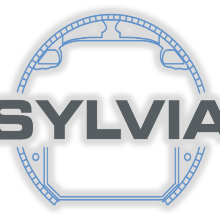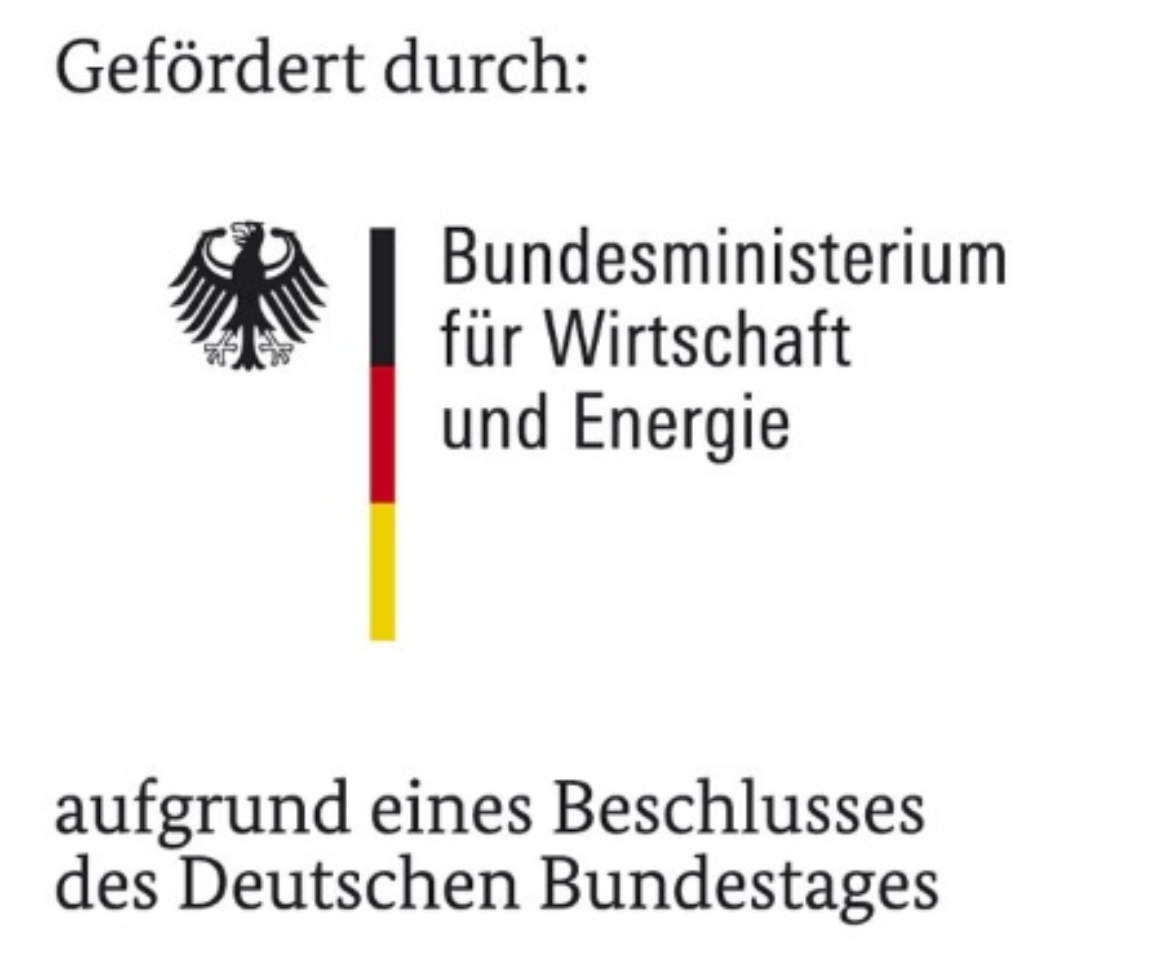Universities
- Technische Universität Hamburg-Harburg
- TU Dresden, Institut für Leichtbau und Kunststofftechnik
- Universität Stuttgart
Timeframe
01.01.2016 - 01.03.2017
- Project goal
-
The goal of the research projects DIANA (LUFO IV/4) and SYLVIA is the development of an Adaptive Avionics Platform as a basis for adaptive integrated avionics systems (ASIS ... Adaptive System of Integrated Systems). ASIS is based on an internal "change agent" and has features such as self-observation, self-healing, and self-planning/configuration. It has the ability to automatically adapt to changes in the avionics system during a ground organizational phase or to completely regenerate itself when an avionics system is redesigned. Changes may include: the ASIS topology including redundancy levels, addition/removal of smart/dumb peripheral units, addition/removal of new/old applications. Upon completion of the organization phase, the new software configuration thus found is frozen. Thereafter, the avionics system switches to normal operation, i.e., fault-tolerant operation of redundant, integrated avionics systems. Central features of ASIS are an open system and software architecture, an additional abstraction layer that includes all communication/redundancy/fault management as well as planning management for normal operation, and finally organization services that include all tasks for change capture and analysis as well as change planning and implementation. The software architecture is purely service based. Services are implemented as classes. Communication is based on the data-centric communication paradigm. Using ASIS developed in DIANA and SILVIA, it could be shown that cabin management systems can be generated by self-organization. This demonstrated not only the correctness of the approach, but also the enormous potential that self-organization holds for the development and operation of complex avionics systems in the future.




